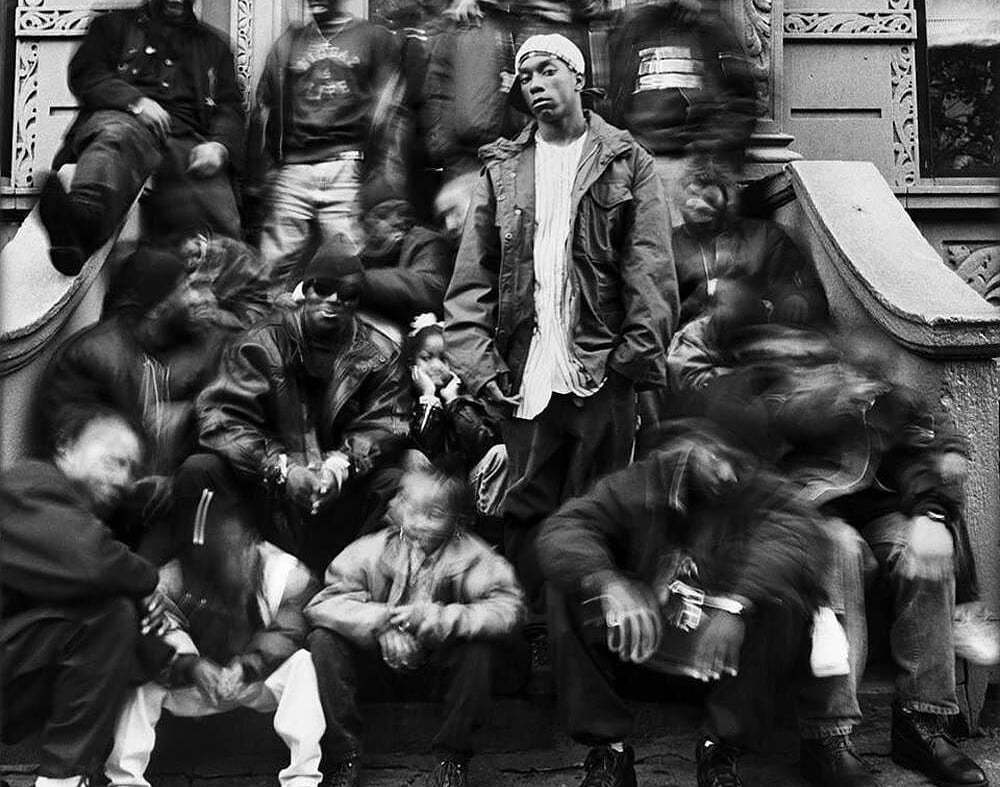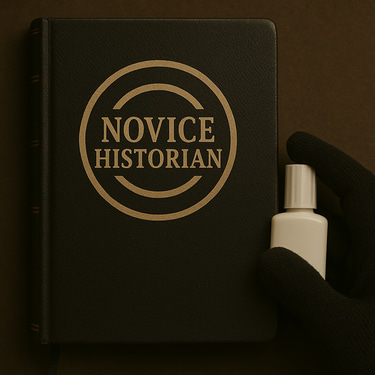Big L: The Harlem Legend Who Redefined Lyricism
In Memoriam
2/19/20252 min read


Big L: The Harlem Legend Who Redefined Lyricism
In the world of hip-hop, few names command as much respect as Big L. Known for his razor-sharp wordplay, complex rhyme schemes, and raw storytelling, Lamont Coleman was on the verge of superstardom before his life was tragically cut short. His influence still echoes in the culture, proving that true lyricism never dies.
The Birth of a Rap Prodigy
Born May 30, 1974, in Harlem, New York, Big L grew up in a world where survival often depended on wit, hustle, and respect. It didn't take long for him to realize that his weapon of choice would be his pen. By the early 1990s, his name was already buzzing through the underground rap circuit.
Flamboyant Flows & Career Highlights
Big L’s ability to craft intricate punchlines and devastating metaphors earned him a spot alongside Harlem's finest. He made his debut with the group Children of the Corn, which also included future stars Cam’ron, Mase, and McGruff. But it was his solo career that cemented his legacy.
Albums & Major Projects
"Lifestylez ov da Poor & Dangerous" (1995): His debut album showcased his unmatched lyrical ability. Tracks like Put It On, MVP, and Street Struck painted vivid pictures of street life while proving he could rap circles around the competition.
"The Big Picture" (2000): Released posthumously, this album contained unreleased verses and guest spots from Fat Joe, Guru, and Big Daddy Kane. The hit Ebonics broke down street slang with surgical precision, further solidifying his status as a wordsmith.
Classic Freestyles & Iconic Moments
Big L’s raw talent was best displayed in his legendary '98 Freestyle with Jay-Z on Stretch & Bobbito’s radio show. Even Jay-Z—then an emerging rap star—acknowledged Big L’s superior wordplay. The two were in talks about signing Big L to Roc-A-Fella Records, which could have changed the course of hip-hop history.
Another standout moment was his appearance on Lord Finesse’s "Yes You May" Remix, a record that introduced him to a broader audience and showcased his natural ability to destroy any beat.
The Tragic End & Lasting Impact
On February 15, 1999, at just 24 years old, Big L was gunned down near his home in Harlem. The murder remains unsolved, leaving behind a painful "what if?" in hip-hop history.
Despite his short career, his influence can be heard in the flows of many modern-day rappers, from battle MCs to mainstream artists who value intricate wordplay. Hip-hop heads still debate what could have been had Big L lived to see his prime, but one thing is certain—his impact is eternal.
In the grand scheme of rap, Big L wasn’t just another artist; he was a lyrical assassin whose rhymes remain untouchable.
